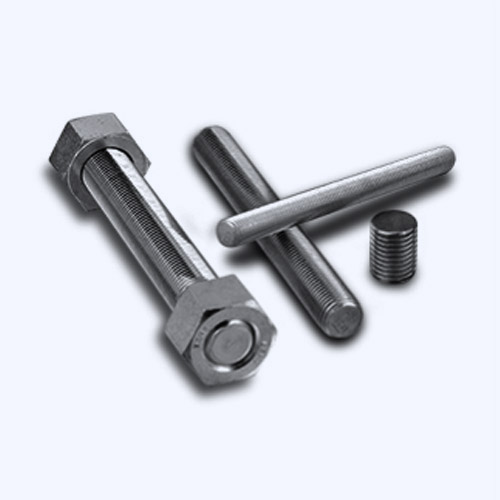allen key bolts
Jan . 10, 2025 12:22 Back to list
allen key bolts
Allen key bolts, often referred to as hex socket screws or Allen socket bolts, are indispensable components in a wide range of industries due to their unique design and robustness. Having first appeared in the early 20th century, these bolts have become a staple in both professional and DIY projects, renowned for their ability to combine strength with ease of use. The intentional design of Allen key bolts incorporates a hexagonal socket which requires a corresponding Allen wrench for tightening and loosening. This design significantly increases the contact area between the tool and the bolt, reducing the tendency of slippage and enhancing torque application.
Trustworthiness in the use of Allen key bolts is also reinforced through stringent quality control measures adopted by leading manufacturers. These processes include precision machining, rigorous strength testing, and surface treatment to prevent corrosion. Consumers are encouraged to source their Allen key bolts from reputable manufacturers that post certifications demonstrating compliance with international quality standards. In terms of SEO strategies for a website focusing on Allen key bolts, there should be an emphasis on detailed descriptions, customer testimonials, and expert reviews to enrich user experience and credibility. Incorporating long-form content that dives into case studies or real-world applications can attract a knowledgeable audience seeking in-depth information. A section dedicated to providing maintenance tips and tricks for prolonging the life of Allen key bolts can engage users while showcasing expertise and authority in the field. Highlighting innovations and advancements such as new material technologies or enhanced manufacturing processes can also set the content apart from competitors. Employing high-quality visuals and diagrams to complement the textual content can aid in better understanding of technical configurations and advantages, thereby strengthening the site's authoritative presence in the industry. Through these focused efforts, a site can not only achieve higher search rankings but also foster a loyal following of informed customers who rely on Allen key bolts for their fastening needs.


Trustworthiness in the use of Allen key bolts is also reinforced through stringent quality control measures adopted by leading manufacturers. These processes include precision machining, rigorous strength testing, and surface treatment to prevent corrosion. Consumers are encouraged to source their Allen key bolts from reputable manufacturers that post certifications demonstrating compliance with international quality standards. In terms of SEO strategies for a website focusing on Allen key bolts, there should be an emphasis on detailed descriptions, customer testimonials, and expert reviews to enrich user experience and credibility. Incorporating long-form content that dives into case studies or real-world applications can attract a knowledgeable audience seeking in-depth information. A section dedicated to providing maintenance tips and tricks for prolonging the life of Allen key bolts can engage users while showcasing expertise and authority in the field. Highlighting innovations and advancements such as new material technologies or enhanced manufacturing processes can also set the content apart from competitors. Employing high-quality visuals and diagrams to complement the textual content can aid in better understanding of technical configurations and advantages, thereby strengthening the site's authoritative presence in the industry. Through these focused efforts, a site can not only achieve higher search rankings but also foster a loyal following of informed customers who rely on Allen key bolts for their fastening needs.
Next:
Latest news
-
Premium Wire Bolts Suppliers | Durable & Reliable Fasteners
NewsAug.18,2025
-
Leading Metric Wood Screw Companies & Manufacturers
NewsAug.17,2025
-
Top Wire Bolts Suppliers - Quality & Durable Fasteners
NewsAug.15,2025
-
Trusted Wire Bolts Company | Quality Fasteners Supplier
NewsAug.14,2025
-
Reliable Wire Bolts Suppliers & Manufacturers for Global Needs
NewsAug.13,2025
-
High-Quality Bolts for Lawn Mower Handle Supplier
NewsAug.12,2025
